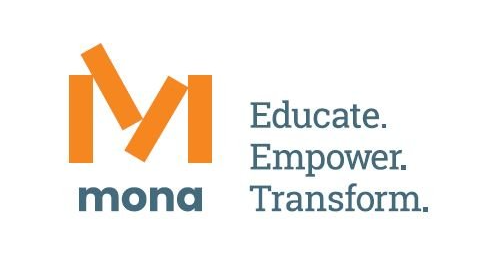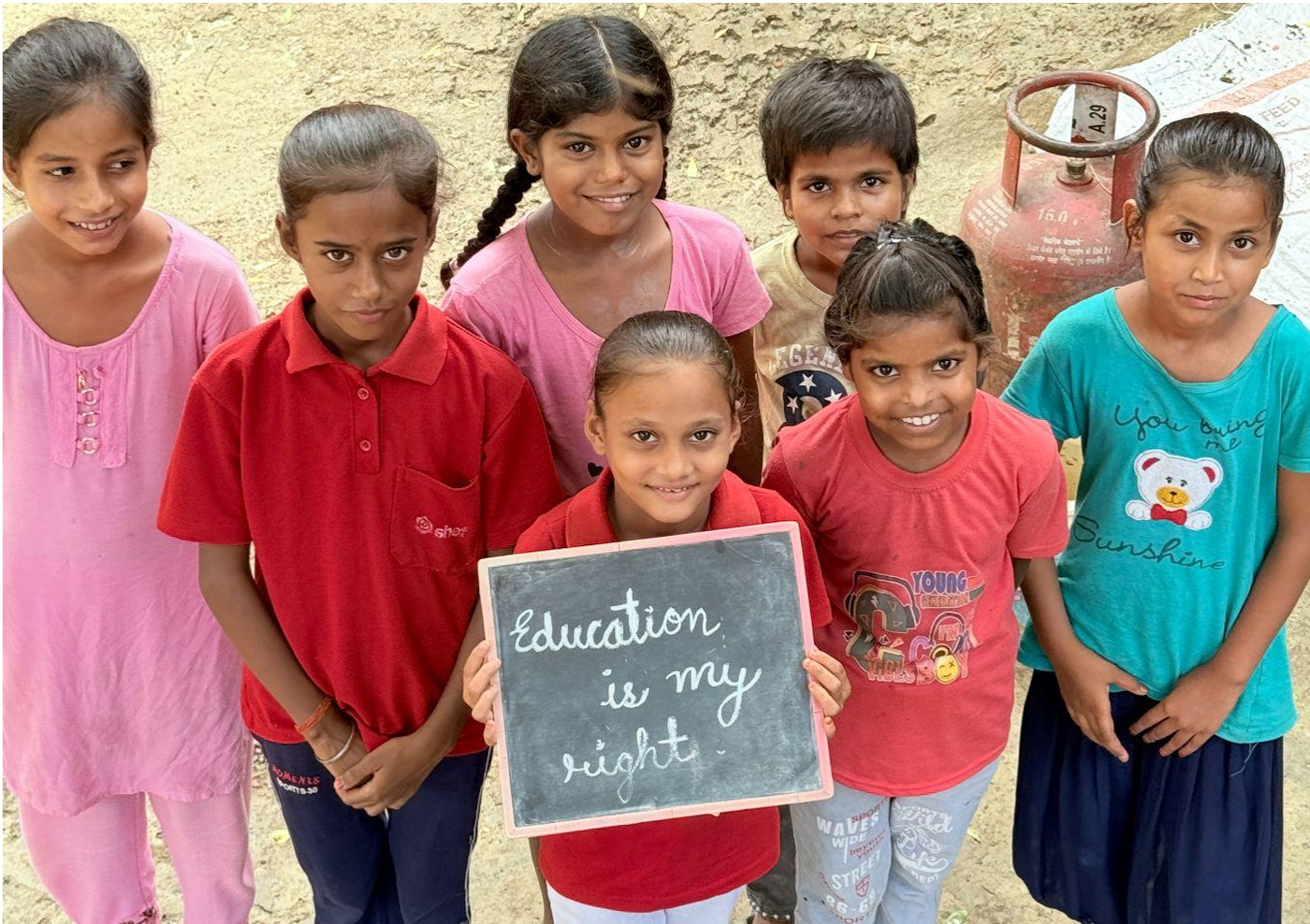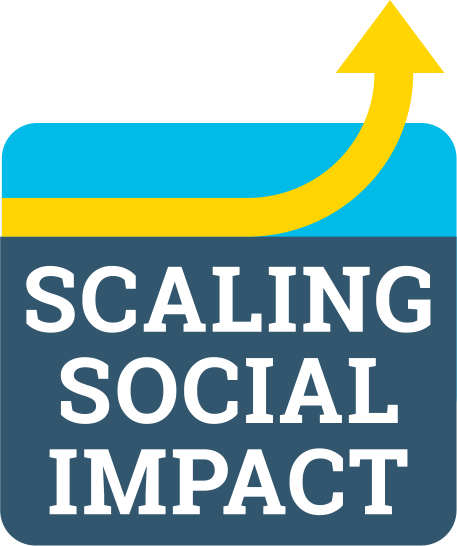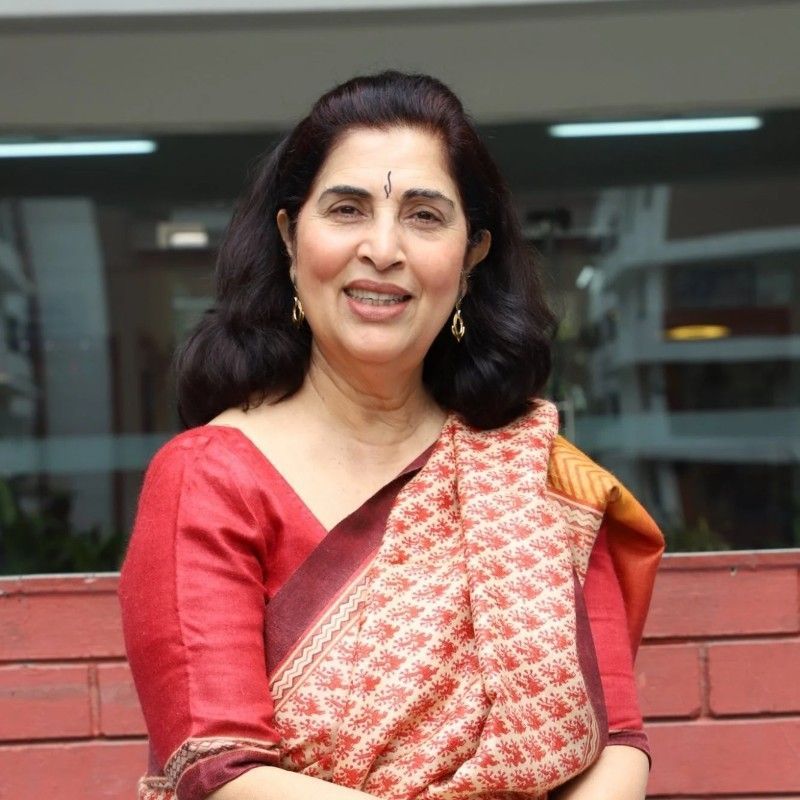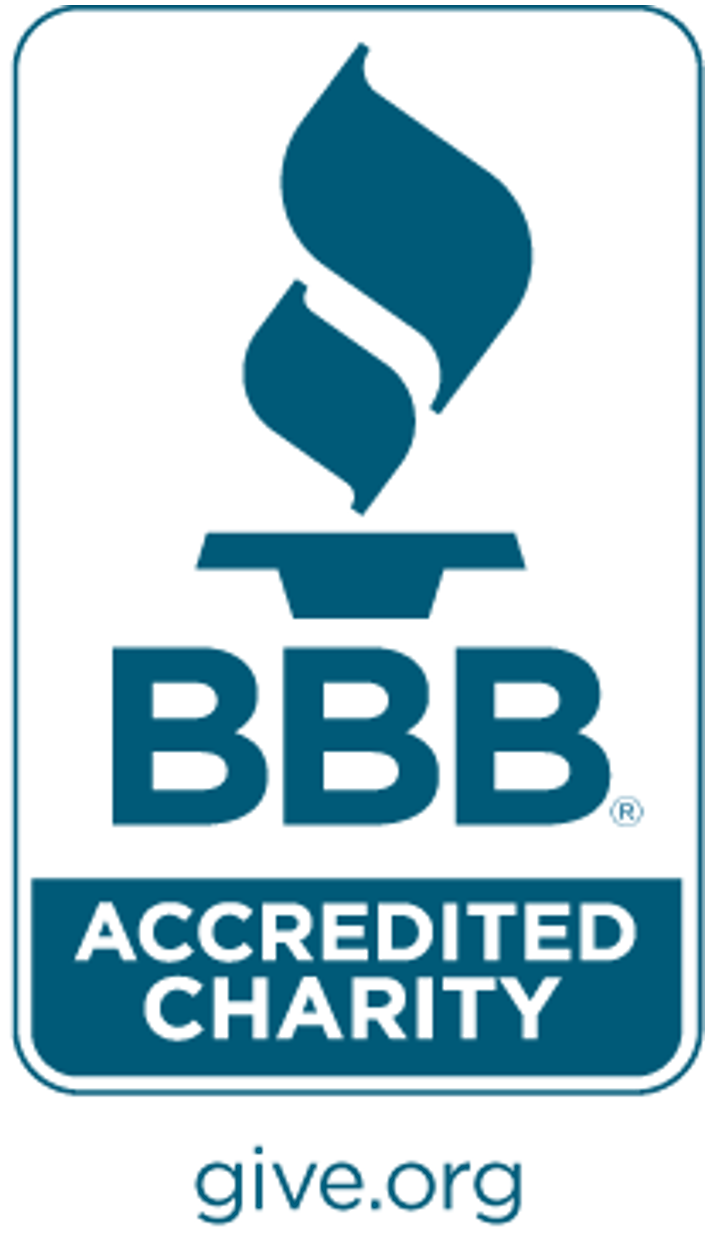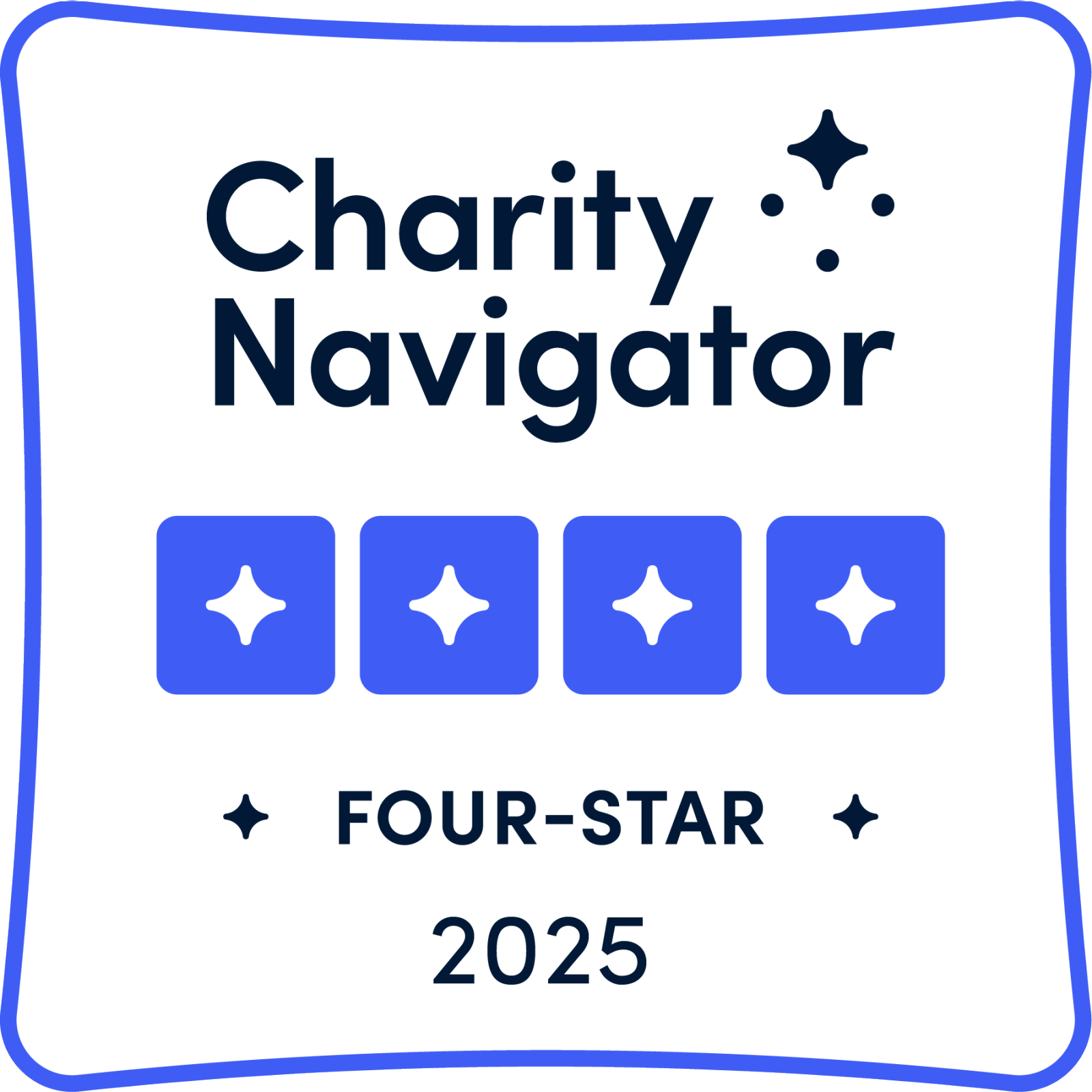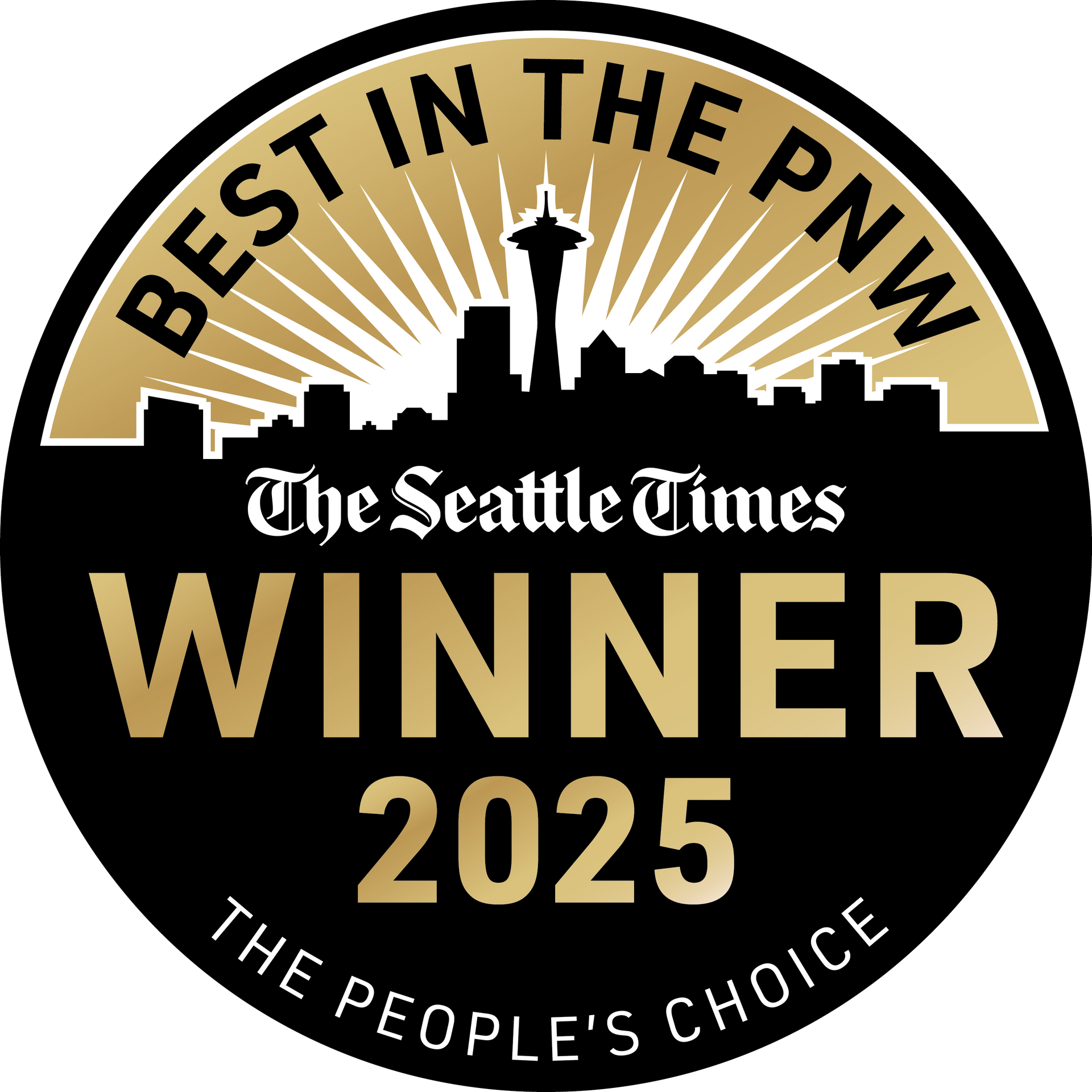The other Mona partners scaling societal impact in 2024 are Badi School (Panama), Barli Development Institute for Rural Women (India), Educational Initiatives (India), Mongolian Development Center (Mongolia), FUNDAEC, (Colombia), and Program for Children (Sierra Leone). Look for this icon on our Grassroots Partner listings on our website and in our annual Impact Report.
Your 2024 Impact is Transforming Lives Across the Globe.
During our 25th anniversary year, your support helped Mona Foundation educate and empower over 1.4 million students through 24 grassroots organizations in 15 countries.
To understand how we measure and sustain Program Outcomes, Student Outcomes, and Societal Outcomes, explore our Monitoring & Evaluation Framework and Theory of Change—the strategic tools that guide our decisions and define success at every level of our work.
Our Biggest Achievements in 2024
Record-Breaking
Access to Quality Education
- 1,423,570 students received quality education*
- 81% girls enrolled across in-person
programs - 37,449 teachers trained to strengthen
teaching and learning - 434,978 parents
engaged in their child's education
Global Reach and
Deep Community Impact
- Collaborated with
24
grassroots partners
in 15 countries across 4 continents - Supported 5,671 schools in diverse communities
- 979 student service projects directly impacted 1,789,048 people**
Organizational Growth and Transparency
- $3.5 million raised through diverse
funding sources - Top ratings from Charity Navigator, Candid,
BBB give.org, and Great Nonprofits - 25-year track record of creating lasting change
*GuideStar definition: Individuals educated and empowered, in-person and online, through educational materials and tools/resources provided.
**Via outreach --
includes training community members on topics such as literacy, health, importance of girls' education, or preventing violence against women, etc.
Inspiring stories from the field
We use "most significant change stories" as qualitative evidence of the impact of programs on the lives of students, their families, and their communities.
Camila’s Journey to Confidence
Arriba las Manos Library, Colombia
At 13, Camila had never learned to read. She avoided reading aloud in class, convinced she couldn’t do it. That changed during a poetry lesson at the
Arriba las Manos Library, a Mona Foundation partner in Ararca, Colombia.
Librarian Dionisia used flashcards and patient encouragement to teach El Arbolito Verde (The Little Green Tree). After days of practice, Camila stood up and read it aloud.
“I did it! I did it!” she shouted, beaming with pride. Months later, she was still reading independently, even after a three-month school break, an extraordinary achievement in a community where learning is often lost between terms.
Her mother, nearly illiterate herself, shared that Camila once cried, feeling “unworthy and incapable.” Now, those feelings have been replaced by joy and perseverance.
“[Now] she reads aloud. She believes she can learn. And she knows she belongs.” — Dionisia, Librarian
This is education unlocking dignity—from silence to unstoppable belief.
Breaking Barriers in India
Glory School, Himachal Pradesh, India
In a village historically divided by caste, Glory School is nurturing a new reality where unity replaces exclusion.
When the school began, caste prejudice was embedded: construction workers wouldn’t drink tea prepared by lower-caste colleagues, and local families were deeply segregated.
Through Mona-supported scholarships and programs focused on virtues and moral education, students began to learn respect for all. Lower-caste staff were promoted, and teachers began modeling inclusion.
“[Caste] does not hold meaning to them anymore... Our staff and construction workers and their family members are totally transformed and have realized the inhuman nature of the caste practices to a great extent.” — Dr. Danesh Rowshan, Principal
This is education creating community transformation from the inside out.
Shaping Panama’s Curriculum for the Next Generation
In Panama, a small school is influencing national change. Badi School, a Mona Foundation partner since 2000, is more than a place of learning—it's a model for what education rooted in values and ethics can look like.
Over the years, Badi’s holistic approach—integrating academics with moral development and community service—has drawn national attention.
Panama's Ministry of Education was so inspired by Badi's results that they revised the national curriculum, changing the standard course on Religion to Moral Education. The result: components of Badi’s program are now being adopted in public schools across the country.
Badi’s leaders didn’t seek out recognition—they simply focused on nurturing young people with character, agency, and a commitment to community. Their impact speaks for itself.
This is grassroots education becoming a blueprint for national transformation.
Since 1999, Mona Foundation has enabled access to quality education for over 5.6 million students (more than 50% girls) through 41 partner organizations in 23 countries.
Seven of our grassroots partners have reached a tipping point where their impact is not only sustained, but exponentially multiplied.
Rooted in the trust of their communities and strengthened by years of capacity-building, these Mona partners are
rising in collaboration with their governments, other nonprofits, and businesses to scale their proven programs through existing institutions, and to rewrite and reshape narratives, policies, and social norms
which to date have inhibited millions of students, especially girls, from fully participating in the life of society.
Rising to Catalyze Systems Change
Study Hall Educational Foundation, India
SHEF's Aarohini girls' empowerment program is designed to prevent child marriage and domestic violence in a country where girls are unsafe, unwanted, unequal and unfree.
The program trains girls to see themselves as equal persons deserving of respect, having the right to agency and to voice their protest. The initiative is primarily a teacher training program which equips teachers to enable change in schools and in their communities.
Aarohini has been so successful that the Uttar Pradesh (UP)
Ministry of Education signed a 5-year Memorandum of Understanding with SHEF to train over
2,000 teachers in
746 public residential schools for disadvantaged girls to educate and empower more than
100,000 girls.
Mona's compassionate global community knows there are no borders when it comes to ensuring every child has access to education.
Together, we're building an education movement that is breaking cycles of poverty, championing gender equality,
and raising change agents who will heal our fractured world.
Shape the future with us.
A world where every child can access the transformative power of education,
and every dream has the chance to flourish.
